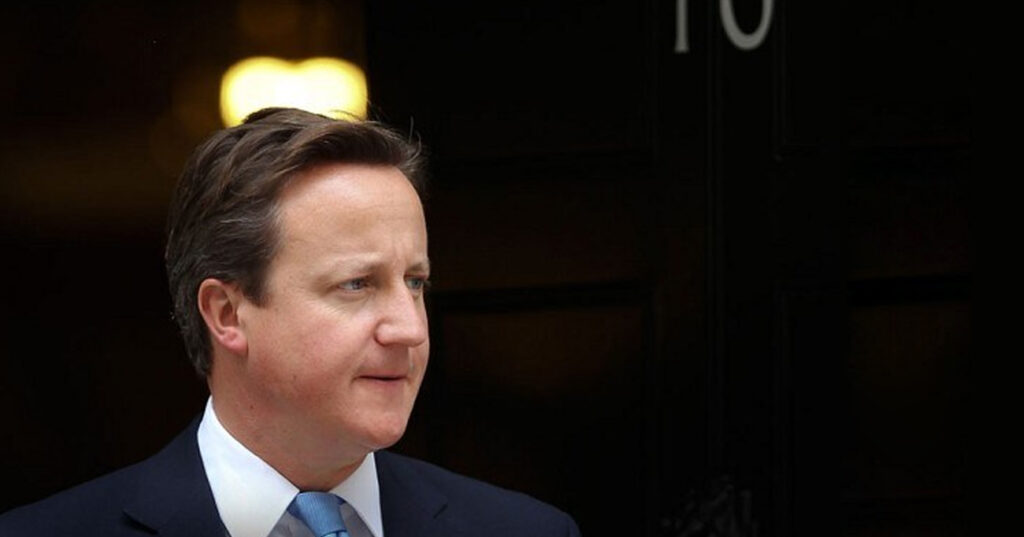
With the Liberal Democrats nursing their grievances over Lords reform, much of Westminster’s attention over the summer will be devoted to the state of relations between the Coalition parties. Yet for David Cameron, this ought to be a sideshow. Far more important is improving his party’s standing with the coalition of voters who will decide whether, after the next election, the Conservative Party gets to govern with an overall majority – or, indeed, govern at all.
I have spent the past few months crunching the numbers, polling the public to find out what the Tories need to do to gain power in their own right. The results show that it is still – just – possible for them to win an overall majority. However, it is an increasingly daunting task.
There are four kinds of people who are vital for electoral success. First, the Loyalists, who voted Tory in 2010 and will do so again. Next, the Joiners, who did not do so last time but have been attracted by the party’s performance in government. Third, the Defectors, who voted Tory in 2010, but would not do so tomorrow. Finally, the Considerers, who did not vote Tory in 2010, would not do so tomorrow, but would consider it in future. There is nobody else on the table. The path to victory is for Cameron to keep the Loyalists and Joiners, win back the Defectors and persuade the Considerers. That sounds a tricky task, and with good reason.
Tory Loyalists account for around 23 per cent of voters. Most of them say the party shares their values, and more than any other group they are sure how they will vote next time. Joiners, who make up 7 per cent, have been persuaded that the Tories are the best party to manage the economy. They give high marks to David Cameron personally and are impressed that he has stuck to his guns over the deficit.
The problem, however, is that fully a third of those who voted Conservative in 2010 – 13 per cent of all voters – are Defectors. Four in 10 of them have not switched to another party outright, but do not know how they will vote. The remainder are divided between Ukip on the one hand, and Labour, the Lib Dems or other parties on the other. Among Ukip-leaners, the common denominators are disappointment with Cameron and frustration with the fact of the Coalition. Despite saying they would not vote Tory if an election were held tomorrow, Defectors would still much prefer a Conservative government to the Coalition, and most say an outright Tory victory is their preferred result.
Considerers make up 3 per cent of voters. Like Joiners, they trust the Tories over Labour to run the economy. But unlike our other groups, they prefer the Coalition to a Conservative majority, not least because they are sceptical – as are voters as a whole – that the Tories stand for fairness or equal opportunity. For most, the decision on whether to vote Conservative will be transactional, not the result of shared values – and the main basis of that transaction will be the economy.
Unfortunately, the air of competence and leadership needed to provide confidence in the party’s economic management is being eroded. An accumulation of small mistakes and U-turns, each forgivable in itself, has prompted people to wonder whether policies are being thought through properly. The “pasty tax” debacle is remembered with derision.
One interesting point is that while some Defectors are tempted by Ukip, Joiners and Considerers lean disproportionately towards the Lib Dems – indeed, there are as many former Lib Dems who may vote Conservative as former Tories saying they will vote Ukip.
To win, Cameron needs both groups. So, while he will not be able to please all of them all of the time, he should make sure that everything the party does from now on passes at least one of the following four tests.
First, does it show that the Conservatives are sticking to the right priorities for the country? Second, does it show strong leadership? Third, does it show they are on the side of the right people (and making the right enemies?) Fourth, does it offer some reassurance about the party’s character and motives?
Deficit reduction passes all four tests. So does welfare reform, provided people know that it will do more than simply weed out scroungers. Well-thought-out crime and immigration policy fits, too. Last December’s EU veto qualified – but embarking on an agenda-dominating referendum campaign would not. The NHS reforms arguably failed all four tests. And while bringing forward proposals for Lords reform was unavoidable because of the Coalition Agreement, there is no case for spending any more time on them in this parliament.
Many Conservatives, up to and probably including the Prime Minister, are frustrated with coalition politics at Westminster. To be free of it, we must recognise that outside Parliament, all politics is coalition politics. There is a winning coalition still out there for the Tory party – but only if it shows more direction and grip.
Read article on The Telegraph


